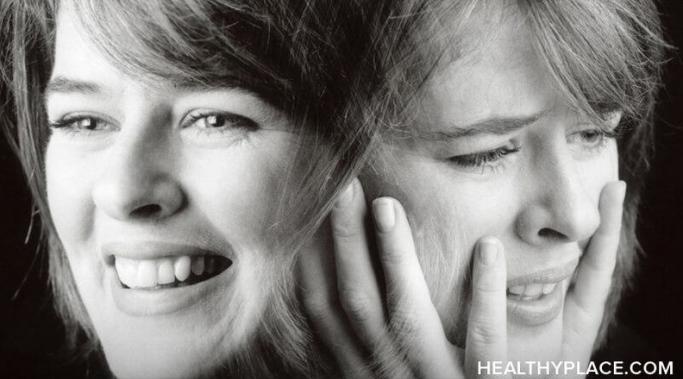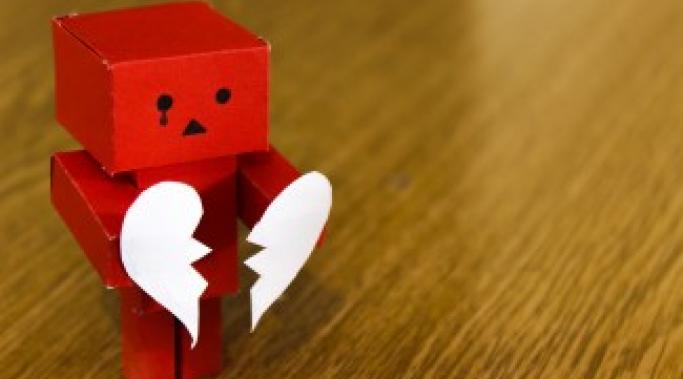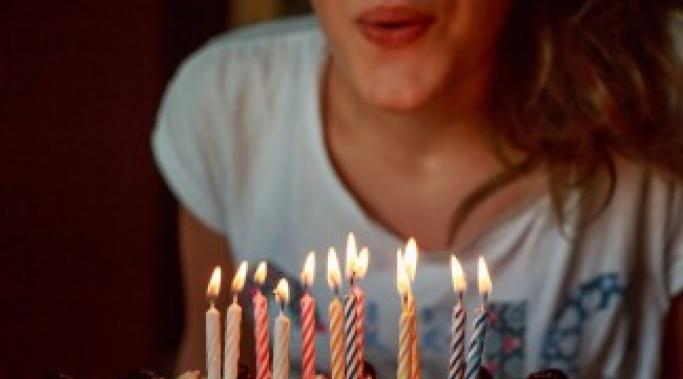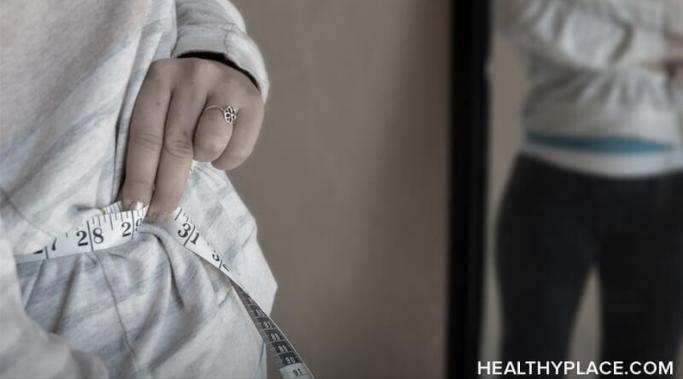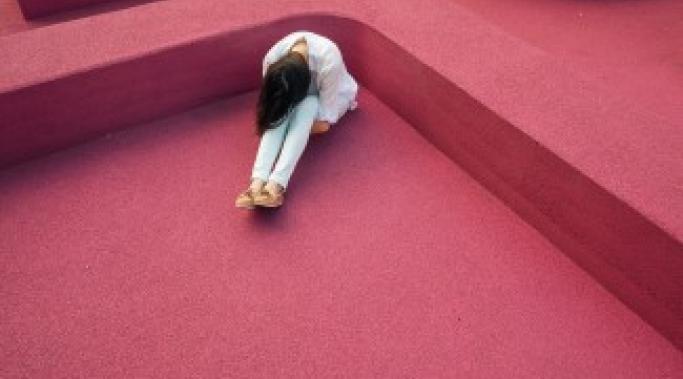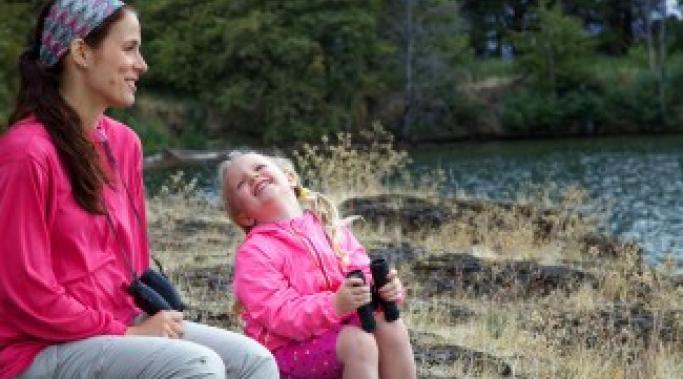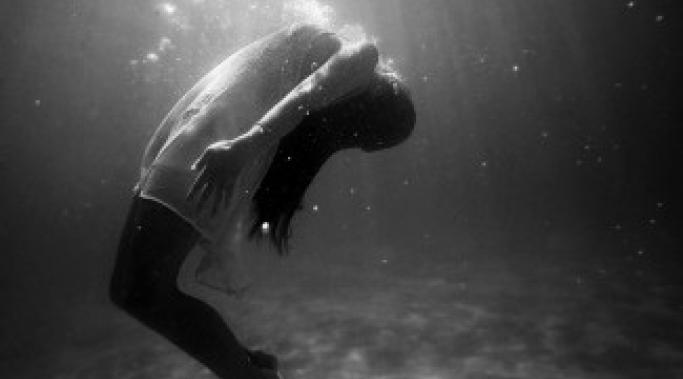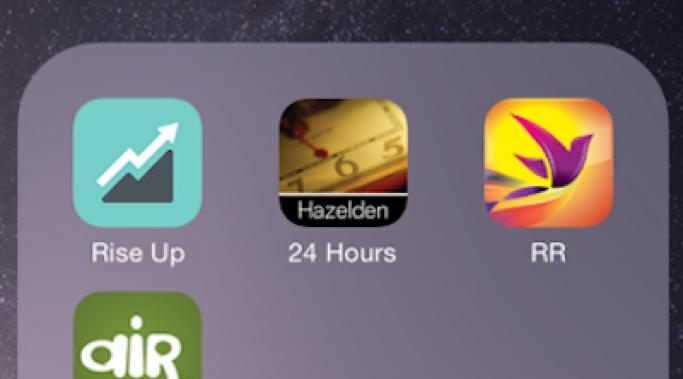When our eating pattern and eating disorder are exposed, there’s a connotation that something is broken, unsettled, or disordered. Disorder is a term that swims in a level of metaphorical darkness. No one wants to admit that they have a disorder.
It’s much easier to say that we have strange eating patterns, or that we exercise intensely. No matter what level our eating, body image, or exercise patterns lie, if they’re causing us stress in any part of our lives, then they’ve become a problem. So the exposure of our eating patterns and eating disorder can be a good thing.
Eating Disorders Recovery
It comes as no surprise that eating disorders break our hearts. One of the most important relationships we will have in our lives will be the one we have with our eating disorder. Perhaps others view our eating disorder simply as a medical diagnosis. However, most of us who’ve lived with it know that it takes on a life of its own. It becomes our closest friend and confidant, the closest relationship in our lives. It often becomes a strange triangulation and stands in the way of connection with romantic partners and friends. At its worst, the eating disorder breaks our hearts time and again. It’s no surprise why.
In our eating disorders, we fear fat but yes, eating dessert during eating disorder recovery is okay. We fear the way it looks in the mirror or how it collects on our thighs and the way it shows itself in the grams on labels and hovers in molecules of our food. When we have an eating disorder, we’d rather do anything than be fat and so we do. We react in unhealthy ways by starving, binging, purging, overexercising, obsessing over calories, or putting foods into lists of can/cannot eat. In recovery, we learn how to eat for nourishment but desserts can still be a feared and precarious category. But what if recovery included our ability to eat a cookie for the pleasure of it, simply because it’s delicious? What if eating disorder recovery included eating dessert?
Mirror triggers are one of the many triggers in eating disorder recovery. Two common themes for those with eating disorders are a repulsion of fat and negative or distorted body image. Recovery includes adjusting our thoughts and feelings around these two, in spite of eating disorder triggers. It’s important to note, however, that no two people recover exactly the same way. Last week we talked about weight gain during recovery and viewing ourselves in the mirror (How to Deal with Weight Changes In Eating Disorder Recovery). One person told me that that they couldn’t look in the mirror because it made them want to cry. This made my heart hurt because it’s an honest, raw, and legitimate feeling. Many of us have experienced this feeling, myself included, and it’s a source of deep sorrow. So, how do we keep moving forward with mirror triggers in eating disorder recovery?
Dealing with weight changes in eating disorder recovery is tough. I remember standing in the dressing room at the mall, staring at myself in the mirror. Tears slid quietly down my face so no one would hear, or ask if I was okay, or if something was wrong. How do you explain that your body doesn’t feel like it belongs to you? How do you tell them that your body used to be thin and clean but now bulges where it shouldn’t, collects and pockets, and juts out towards the walls, taking up space? How do you explain this when they think you look fine, good even, while the inside of your head is screeching, “You fat, disgusting pig?" You may want to read these tips about how to deal with weight changes in eating disorder recovery.
Have you considered a simple mantra for eating disorder recovery? Eating disorder recovery can feel like a battle -- because it is. We choose to go against the destructive voice that was once our friend. We choose to sit with uncomfortable feelings and emotions, and not reach for our easy coping tool. We choose to live in our bodies as they shift and change and as they learn to regulate and be without the disorder. Some days it’s tough, but we have to keep in mind what we’re fighting for. We have to keep in mind our end goal. Having an eating disorder recovery mantra can help (Mantras and Recovery: Mind Over What’s The Matter).
When you have an eating disorder, you need to know what to tell an eating disorder treatment decision-maker. After all, having an eating disorder sucks and being worried about affording, or being denied eating disorder treatment, adds to the suckiness. During my stay at an inpatient facility, one of the girls threw up blood, and still, her insurance kicked her out after 11 days. Another girl with anorexia was there before I arrived and stayed after my release. To insurance companies, people are words on a page. They don’t know us. Even if they saw a picture, they might think we’re fine when we’re not. What they don’t know, is that just because we don’t look like a skeleton, it doesn’t mean we’re not at risk of dying. Here's what eating disorder treatment decision-makers need to know.
Some of us believe eating disorder lies. A teacher of mine likes to say that we all have an 18-year internship. That internship teaches us the models from which we view the world. These models of relationship, love, family, connection, etc., are the ones we blindly replicate unless something intervenes. For thousands of us, something did, in the form of an eating disorder (anorexia, bulimia, or binge eating disorder). We can either be upset about that, or we can see it as a sign that something is awry. We have the opportunity to take a closer look at eating disorder lies, if we choose.
Why would anyone resist eating disorder recovery? Wouldn't eating disorder recovery be better than an active eating disorder? Afterall, when we think about eating disorders, the terms laughing, cheerful, bright, glad, or content don’t make the list. For those of us who’ve been living with our disorder for a while, there’s a helplessness, hopelessness and self-doubt, which kicks us down the stairs of depression with an eating disorder. We’re not stupid. We know we’re missing out on life. Yet fear pokes us with a sharp stick taunting, “What if you never recover? You’ll get fat. You’ll spiral out of control.” Terror of the unknown keeps us frozen in place, or moving with icy limbs. There’s a simple reason we resist eating disorder recovery. Once we hear it, eating disorder recovery won’t be the same.
I’ll be honest, when I was faced with buying a new phone a few months ago, a major factor in my decision was the selection of phone apps available for eating disorder recovery. I’d previously had a Windows phone, which offered very little in the way of available apps of any kind, much less for eating disorder recovery. So I finally joined the rest of the world and bought an iPhone. I’ve spent the last month or so downloading different eating disorder recovery apps and trying them out – here’s what I have found.
